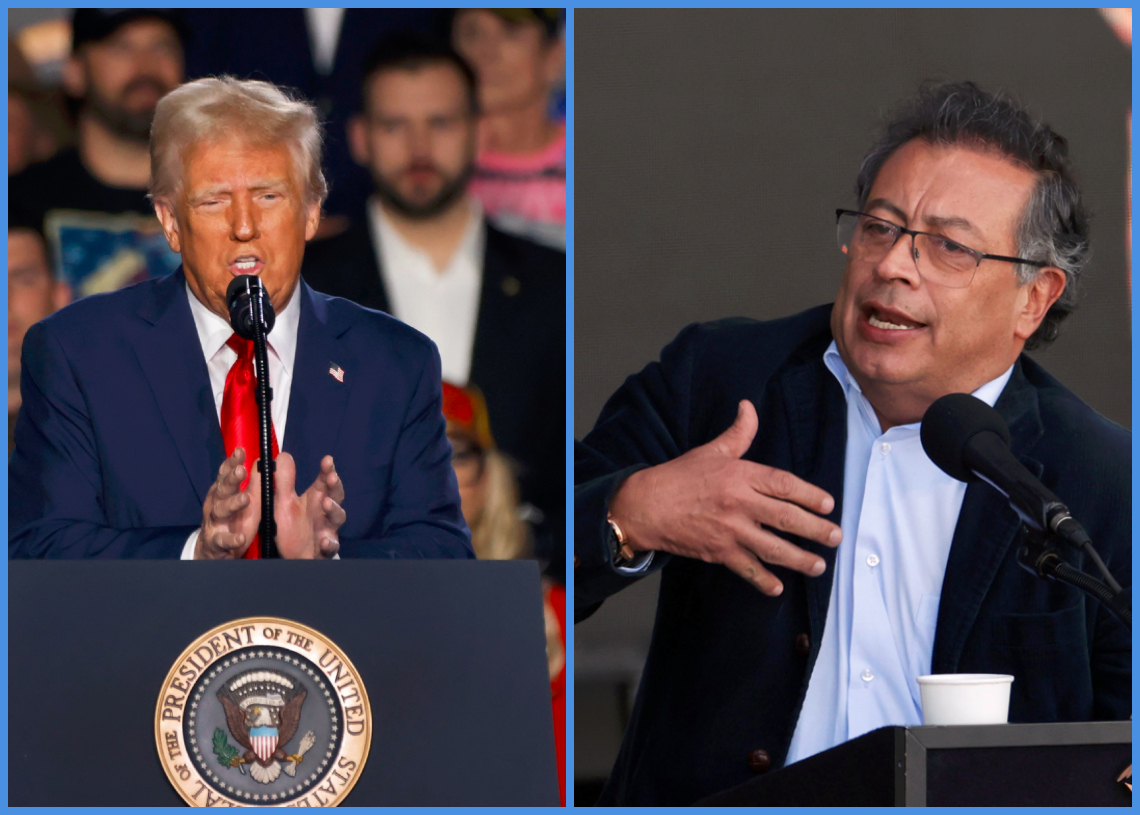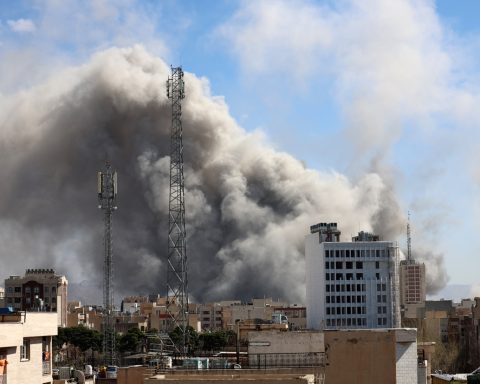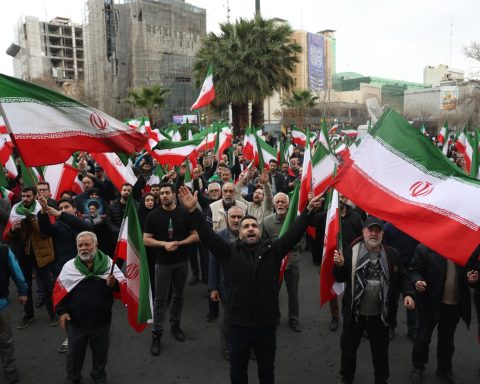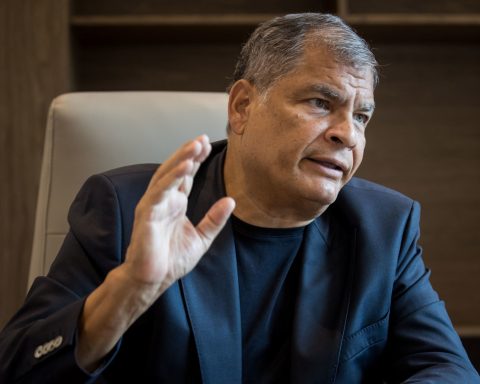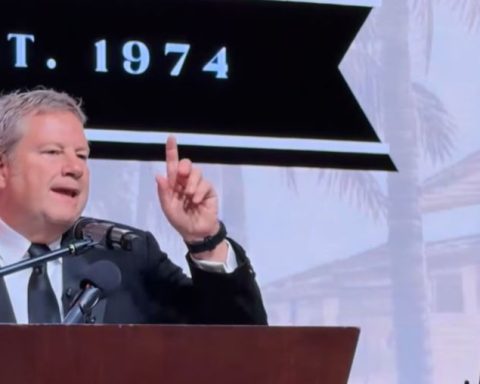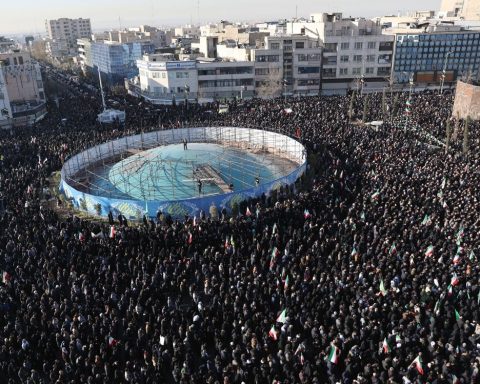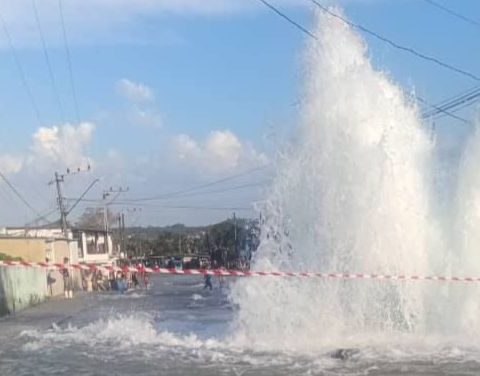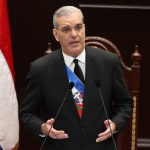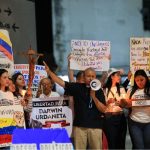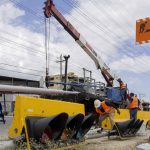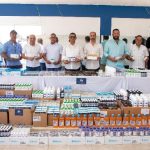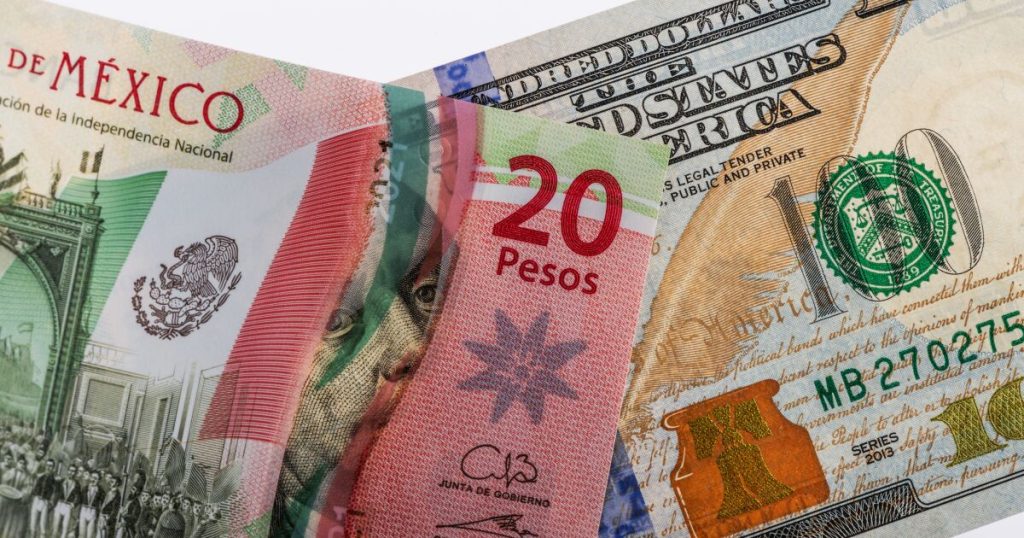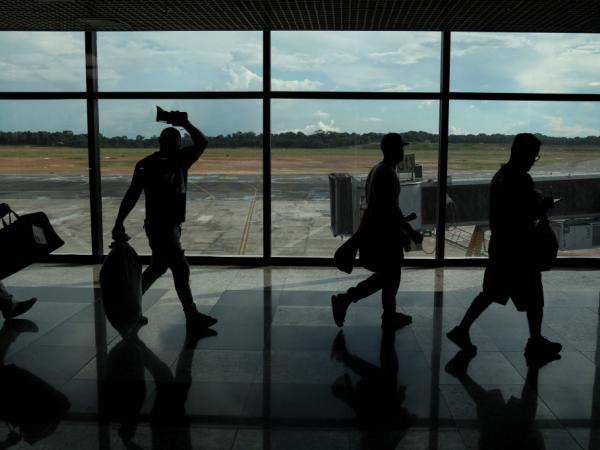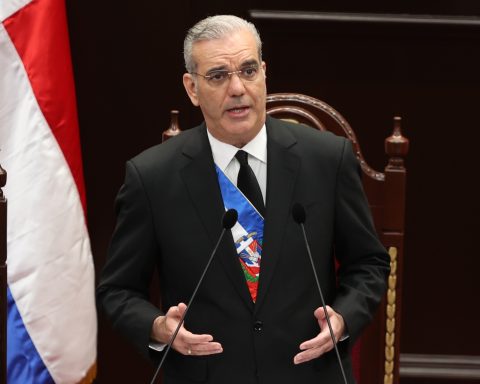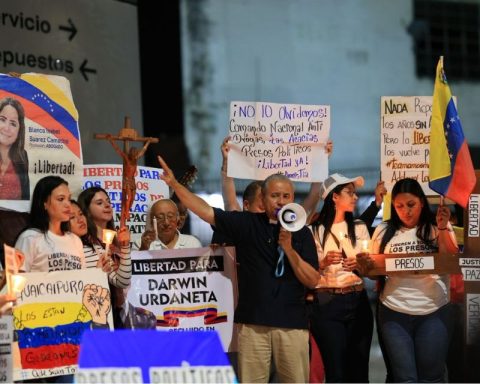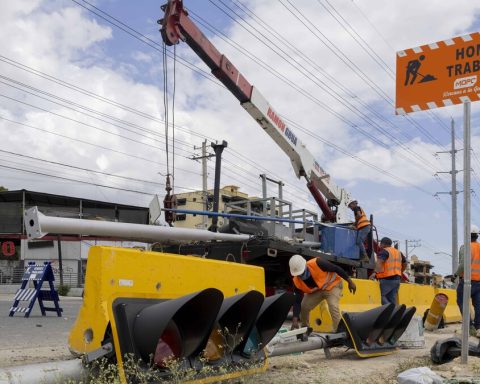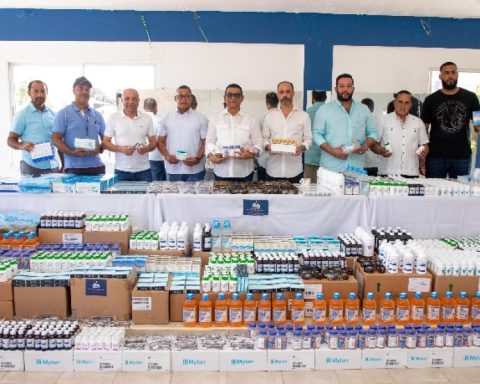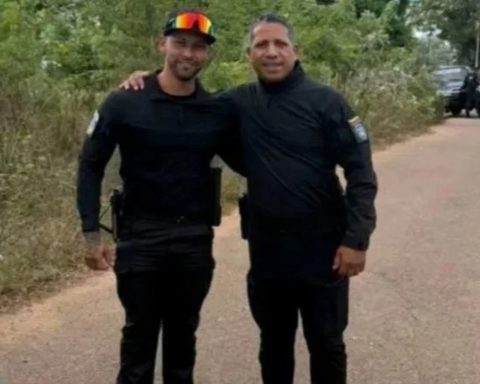Donald Trump, president of the United States, ordered this Sunday impose 25% tariffs on all Colombian products, after his counterpart in the Latin American country, Gustavo Petro, refused to accept two flights with deported compatriots from the northern nation.
“I have just been informed that two repatriation flights from the United States, with a large number of illegal criminals, were not allowed to land in Colombia. “This order was given by socialist President Gustavo Petro, who is already very unpopular among his people,” Trump said in a post on Truth Social.
In response to Colombia’s refusal to accept deportation flights, the US president, who took power less than a week ago, announced visa restrictions for the Petro Government and his party (Colombia Humana), as well as possible economic sanctions on the country. and “inspections” of Colombian citizens and merchandise that arrive in North American territory. On the other hand, he warned that the 25% tariffs could double in a week.
“These measures are just the beginning. “We will not allow the Colombian Government to violate its legal obligations regarding the acceptance and return of criminals who forced their access to the United States!” Trump added.
Colombia’s refusal
This Sunday, the Colombian president, Gustavo Petro, did not allow the entry of two aircraft with citizens of his country deported from the United States, made available the presidential plane for the “dignified return” of migrants, and called a meeting of the Celac to attend the migration crisis.
“The US cannot treat Colombian migrants as criminals. I disallow the entry of North American planes with Colombian migrants into our territory. The US must establish a protocol for the dignified treatment of migrants before we receive them,” Petro said in a message on his X account.
The US cannot treat Colombian migrants as criminals.
I disallow the entry of North American planes with Colombian migrants into our territory.
The US must establish a protocol for the dignified treatment of migrants before we receive them.
— Gustavo Petro (@petrogustavo) January 26, 2025
“A migrant is not a criminal and must be treated with the dignity that a human being deserves. “I cannot make migrants (stay) in a country that does not want them, but if that country returns them it must be with dignity and respect for them and for our country,” the Colombian president added on social networks.
The Presidency detailed in a release that Petro “has arranged the presidential plane to facilitate the dignified return of the compatriots who were going to arrive in the country today in the morning, coming from deportation flights.”
“This measure responds to the Government’s commitment to guarantee decent conditions. In no way have Colombians, as patriots and subjects of rights, been or will be banished from Colombian territory,” the statement added.
Fear in Colombia due to the impact of sanctions
The imposition of the aforementioned 25% tariffs on Colombia announced this Sunday by Trump has set off alarms in all sectors of the coffee-growing country and caused an avalanche of criticism of the Colombian president.
“If the US imposes emergency tariffs of 25% (and later 50%) on Colombian products, the impact will be immediate and devastating. The process is quick, does not require approval from Congress and will seriously affect our economy,” said the president of the Colombian American Chamber (AmCham Colombia), María Claudia Lacouture.
According to Lacouture, “in coffee alone, more than 500,000 families depend on this sector. In flowers, thousands of mothers who head families would lose their livelihood. And so we can continue adding sectors that will be hit.”
For his part, Carlos Fernando Galán, mayor of Bogotá, pointed out that this is a serious diplomatic crisis that benefits no one: “We call, thinking about the rights of all Colombians and the interests of Colombia, for relations diplomatic institutions of the country are managed in a serious, rational and responsible manner,” he said.
The “national emergency” in the United States
Last Monday, January 20, upon taking office, the new American president declared a “national emergency” on the border with Mexico and gave the green light to mass deportations, signing a series of executive orders in order to speed up the process.
This measure contemplates the militarization of the border, prohibiting the entry of migrants and asylum seekers, and deporting the more than 11 million people who live in their country without legal status, which has generated controversy in several countries in America. Latina.
On Friday, the White House indicated that deportations of migrants had “begun,” in reference to the main promise of Trump’s presidential campaign to carry out the largest mass expulsion operation of foreigners in the history of the United States.
On the same day, the first two deportation flights destined for Guatemala arrived in that country from Laredo (Texas).
Deportation flights have also been sent to Brazil. The Government of Luiz Inácio Lula da Silva denounced on Saturday the use of handcuffs by US authorities against citizens of that country during a deportation flight.
Cuba speaks out
The Cuban Foreign Minister, Bruno Rodríguez, described this Sunday as “unacceptable”, “violent” and “indiscriminate” the campaign of deportations of irregular immigrants that began this week in the United States as part of the immigration policy implemented by the Government of President Donald Trump.
Violent, indiscriminate deportation that violates the most basic rights is unacceptable. #DDHH of illegal immigrants in the US.
It is used as a weapon of political pressure against the people of Our America.
We will support initiatives of #CELAC to confront this new abuse against the region. pic.twitter.com/02wYQNwuDy
— Bruno Rodríguez P (@BrunoRguezP) January 26, 2025
“The violent, indiscriminate deportation that violates the most basic human rights of illegal migrants in the United States is unacceptable,” stated the Cuban Foreign Minister on the social network X.
Rodríguez pointed out that the deportation of people in an irregular situation from the US “is used as a weapon of political pressure against the people of Our America.”
Likewise, he stressed that Cuba will support “initiatives of the Community of Latin American and Caribbean States (Celac) to confront this new abuse against the region.”
OnCuba/EFE Editorial
